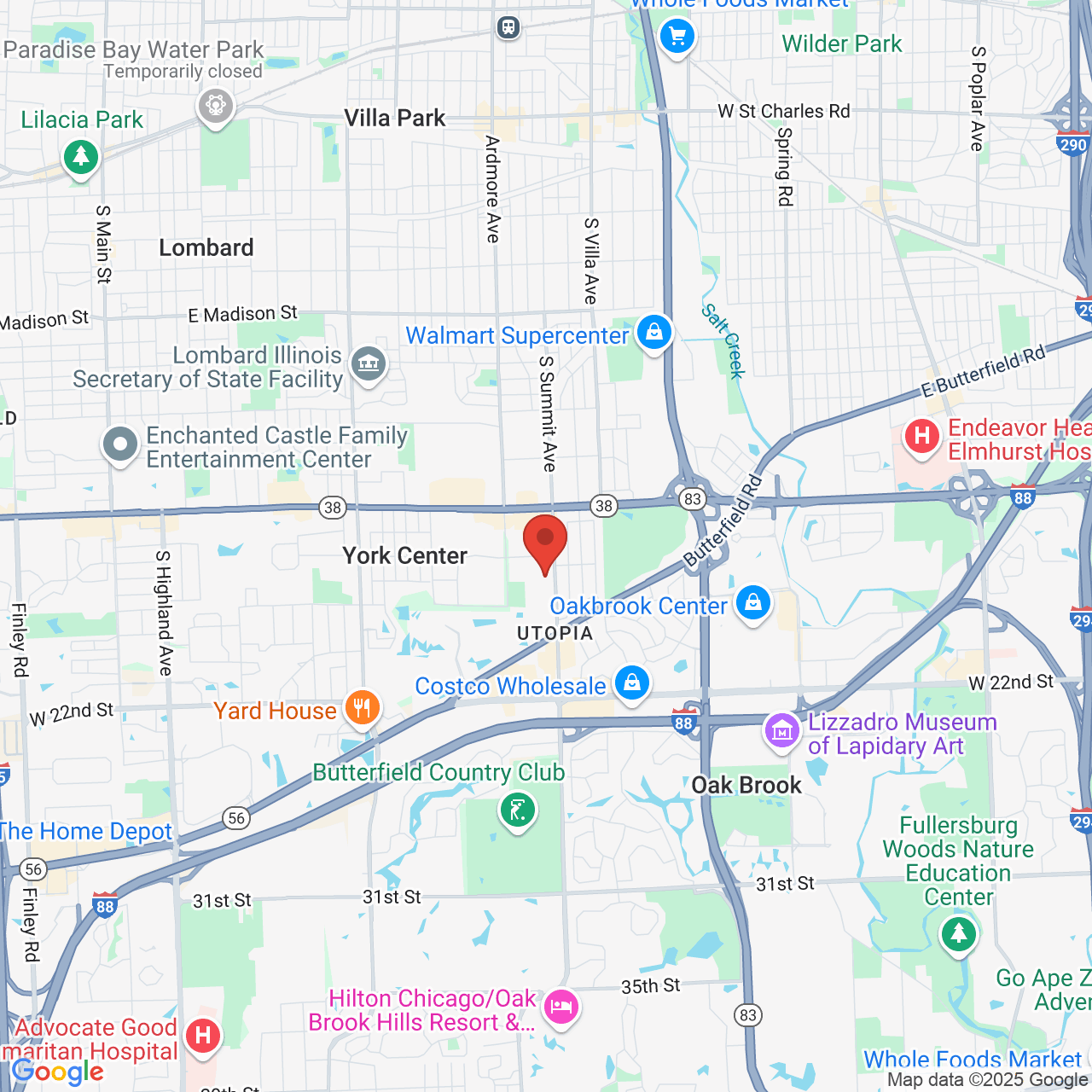Exploring Treatment Options for Traction-related Hair Loss
 Hair loss is a problem that can affect men and women, at any age. In some cases, hair loss is not a result of genetics or aging, but rather a result of repeated strain or pressure. Surgical hair loss treatment can restore a full head of hair for patients who have experienced any form of hair loss, but if traction-related hair loss is caught soon enough, patients may even be able to avoid surgical treatment. We help patients who have experienced traction-related hair loss at our Chicago practice by determining the extent of hair loss damage and exploring suitable treatment options for the condition.
Hair loss is a problem that can affect men and women, at any age. In some cases, hair loss is not a result of genetics or aging, but rather a result of repeated strain or pressure. Surgical hair loss treatment can restore a full head of hair for patients who have experienced any form of hair loss, but if traction-related hair loss is caught soon enough, patients may even be able to avoid surgical treatment. We help patients who have experienced traction-related hair loss at our Chicago practice by determining the extent of hair loss damage and exploring suitable treatment options for the condition.
Causes of Traction-related Hair Loss
Many people assume that adult hair loss is a genetic condition that is unavoidable. While this is true in many cases, there are some people who experience hair loss that is a result of how the hair is treated. In these cases, known as traction-related hair loss, the hair loss is actually avoidable. This condition, which affects both men and women, is due to continual pressure, strain, or pulling of the hair follicles. Below are some possible causes of traction-related hair loss:
- Repeatedly wearing tight ponytails, braids, or cornrows
- Wearing the hair in dreadlocks
- The use of extensions, weaves, hair pieces, or wigs that are attached with glue, clips, or tape
- Wearing clips, headbands, or other accessories repeatedly on the same area of the head
- Wearing headgear, such as a bicycle or motorcycle helmet for extended periods of time
- Constantly pulling or twisting on the hair
How to Treat Traction-related Hair Loss
Traction-related hair loss occurs because the strain or pressure that is placed on the hair follicles causes the hair to break off or be pulled from the scalp by its roots. The good news is that, if traction-related hair loss is caught early on, patients can likely avoid the need for surgical hair loss treatment. If harmful habits are diagnosed and stopped, new hair should grow and patients should be able to, once again, enjoy a full head of healthy hair. However, if damage is extensive, hair loss surgery may be necessary.
In some cases, the results of traction-related hair loss are extensive. The continual tension can cause significant damage to the hair roots, and, in some cases, can result in the hair follicles becoming atrophied. In these cases, it is unlikely that patients will experience new hair growth, even if harmful habits are ceased. However, there are several surgical hair loss treatments that can help patients restore volume to their hair. Our surgeons can perform several hair loss treatment surgeries, including donor strip harvesting, follicular unit extraction, and the lateral slit technique, all of which can transplant healthy hair follicles from one area of the head to the treatment area in order to promote hair growth.
Contact Us
At the Chicago Hair Institute, we have helped numerous patients restore a full head of thick, healthy hair. If you have suffered from hair loss, contact us at your earliest convenience to learn more about our hair loss treatments. We look forward to hearing from you!





